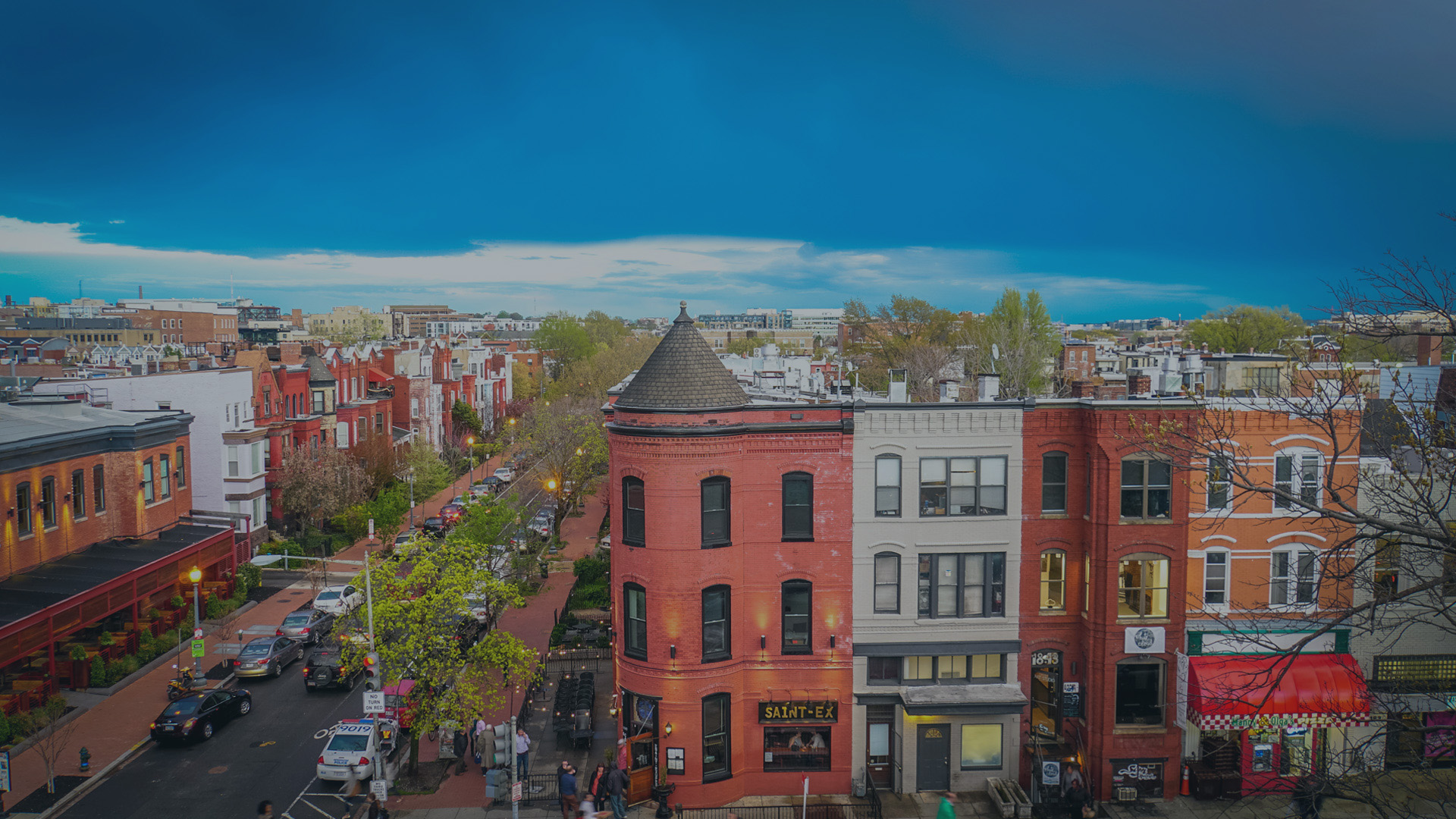On October 2, 2019, two D.C. Policy Center articles were cited by the Brookings Institution:
The demolition of a public housing complex in the nation’s capital has sparked a fight over something more than displacement and gentrification: It has come to represent a larger struggle over the preservation of Black history, culture, and space amidst sweeping socio-economic and demographic change.
…
In a city defined by its historical landscape, some residents want recognition of another story critical to the region’s history. They are pointing to inequities in whose history gets memorialized, and are arguing that the historical legacy of the public housing complex, no matter how uncomfortable it may be, deserves to be preserved within the physical remnants of the building itself.
While Barry Farm is now largely perceived as a symbol of the larger socio-economic disparities dividing the District, these residents are reminding officials that it was one of the first places to provide freed slaves with affordable housing in the wake of the Civil War, was home to prominent political figures including Frederick Douglass, was instrumental in funding Black institutions such as Howard University, and ultimately became integral in the fight to desegregate schools and improve welfare and upward mobility for Black people. Rather than associating the complex with its troubled present, they want future generations to be able to witness and appreciate its vital past.
Read more: Making Black history matter in public space | Brookings
